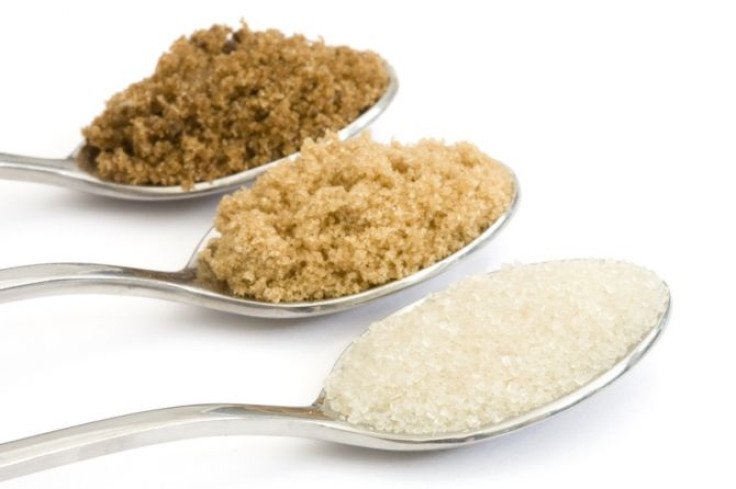American Heart Association Gives Reserved Endorsement of Sugar Substitutes

The American Heart Association has given a slight endorsement of a class of sugar substitutes known as non-nutritive sweeteners, saying that use of them may lower sugar intake, and possibly help people lose weight.
The six sweeteners studied were acesulfame (Sweet One), aspartame (Equal, NutraSweet), neotame (Neotame), saccharin (Sweet ‘N Low), sucralose (Splenda), and plant-based sweeteners like stevia (Truvia, PureVia, and Sweet Leaf). Such sweeteners do not add any calories, just sweetness.
The report announced that such sugar substitutes may reduce sugar intake, as long as people do not overcompensate later. Researchers found that can be very difficult, both physically and psychologically. Christopher Gardner, PhD, associate professor of medicine at the Stanford Prevention Research Center, was the chair of the writing committee for the group that drafted the statement. He developed a theory that he called “compensation,” in which people, who have cut back on calories earlier in the day, replace them by eating a cookie, for example, with lunch. The difficulty fighting compensation is somewhat more severe with food; with beverages, when people replace drinks with diet or sugar-free drinks, there is not the same urge to compensate.
When people can resist the urge to compensate, there is some hope for weight loss.
The report analyzed previous studies conducted on non-nutritive sweeteners, and people’s opinions and concerns about them. Many of the poll respondents said that they used sweeteners because of weight loss and because they could be taken by people with diabetes. With a considerable portion of Americans either battling obesity or diabetes, the report has made it clear that, whatever the health benefits, non-nutritive sweeteners are here to stay.
Gardner is careful to add some words of caution for these sugar substitutes – that they are still found in processed foods, like snacks and sodas, which he admits are still junk foods. There is no such need for them in fresh foods, like fruits and vegetables, or water.
The statement was released by Circulation.



























